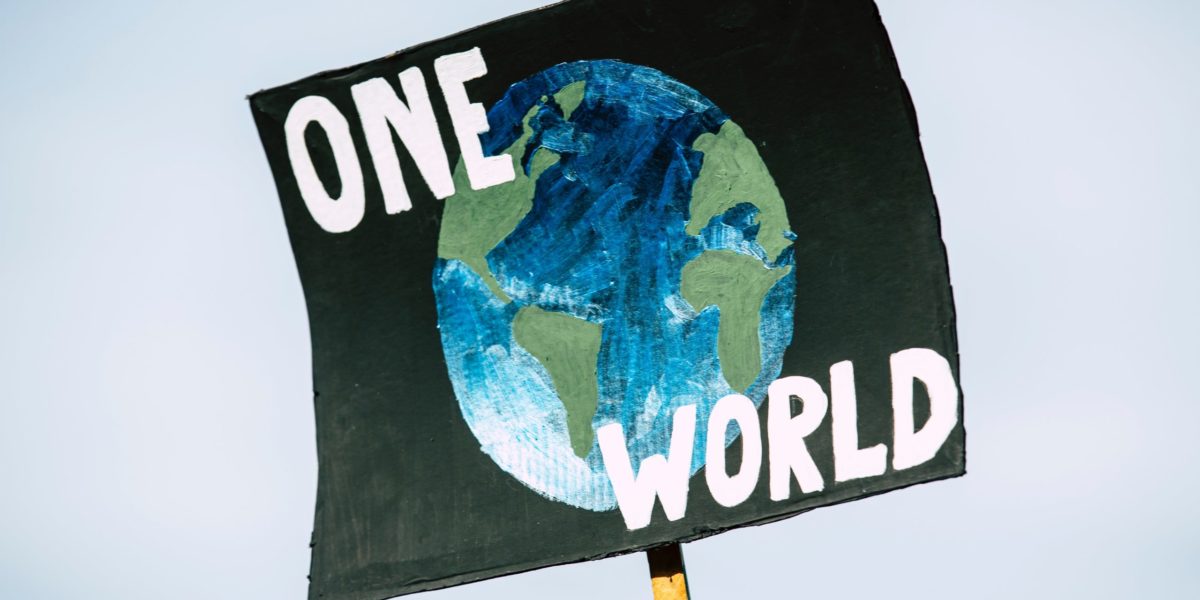Peter Victor’s brilliant new book, Herman Daly’s Economics for a Full World: His Life and Ideas, shatters myths about economic growth. Victor is a Professor Emeritus and Senior Scholar at York University.
If you haven’t heard of Herman Daly it’s because economists, corporations, and their political lackeys don’t want you to.
Victor recounts Daly’s long and distinguished career that spawned the discipline of ecological economics and revealed numerous flaws in neo-classical economics.
Neo-classical economic models treat us as automatons that interact with the economy solely through market transactions. The models assume that our preferences are fixed in adolescence.
Daly counters that we change throughout our lives. For most us, relationships to family, neighbours, and communities are more important than acquisition of ever-increasing quantities of material goods.
It may be true that our happiness depends in part on comparisons of our individual wealth to our neighbours. But to the extent this is true, the ever-rising inequality that characterizes modern society inevitably leads to growing discontent.
Daly advocates wealth redistribution — a system in which every citizen is entitled to a minimum income, and no citizen’s income can exceed a maximum.
Daly rejects the fantasy that economic growth can address income inequality.
Politicians and economists who chant the growth mantra are violating fundamental laws of physics. Perpetual growth on a finite planet with finite resources is an impossibility that has plunged us all into environmental disaster — climate change, crashing wildlife populations, plastic waste, and more.
The sheer size of our economy has outstripped sustainability.
Victor invites us to ponder three questions that launched Daly’s rejection of neo-classical economics: “How big is the economy; how big can it be without collapsing its ecological foundation, and how big ought it be?”
Victor notes the growing awareness that the rapid spread of the COVID-19 virus is linked to a massive global movement of goods and peoples. Supply lines for essential goods are too long. Globalization has gone too far.
Daly rejects globalization — free trade, free capital mobility, and export-led growth. He calls for “internationalization” — better relations among nations and among individuals in different nations.
Daly’s views were not welcome during his tenure as a World Bank economist. He now advocates a downgrading of the World Bank, the World Trade Organization, and the International Monetary Fund, and re-regulation of international commerce.
Given Canada’s dependence on extraction (and wastage) of oil, minerals and timber, Daly’s call for ecological tax reform — taxing resource depletion and pollution rather than labour and capital — may not readily find favour among our corporations and politicians.
Daly urges us to improve our national accounts of material flows and to pursue efficiency — producing more useful goods and services for each unit of resources and ecosystem services we consume.
Daly laments his fellow economists’ failure to seriously consider his concept of a steady-state economy. Victor quotes him as saying, “Instead of critical debates on vital issues, what resonates from academia is the unison snoring of supine economists in deep dogmatic slumber.”
A steady-state economy would resemble nature. It would allow us to pursue development (artistic, spiritual, scientific, etc.) rather than growth.
While politicians remain unwilling to embrace a steady state economy, the related concept of a circular economy is getting some traction. The Council of Canadian Academies’ summary of its new Turning Point report, commissioned by Environment and Climate Change Canada, begins:
Humanity’s current level of consumption is exceeding Earth’s ability to sustain it. In the current “take-make-use-waste” linear economy, raw materials are extracted to produce goods that are used and then discarded as waste.
But beyond that statement of our current situation, the new report offers little.
If you are ready to seriously consider the work of Herman Daly and his fellow ecological economists, Victor’s new book is the way to go.




